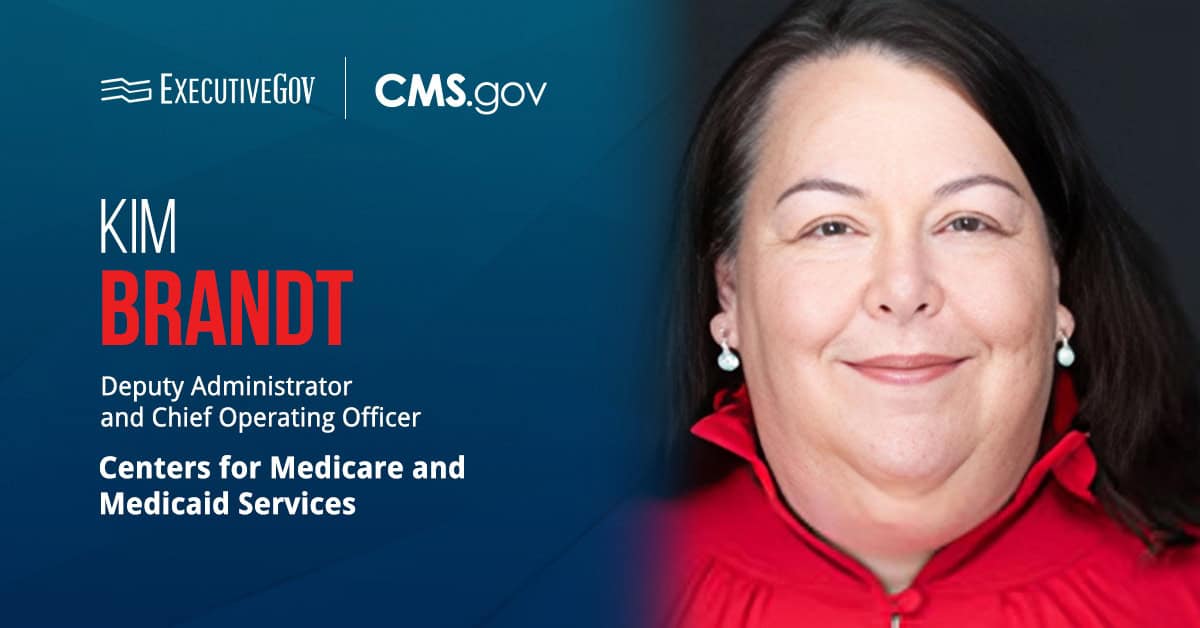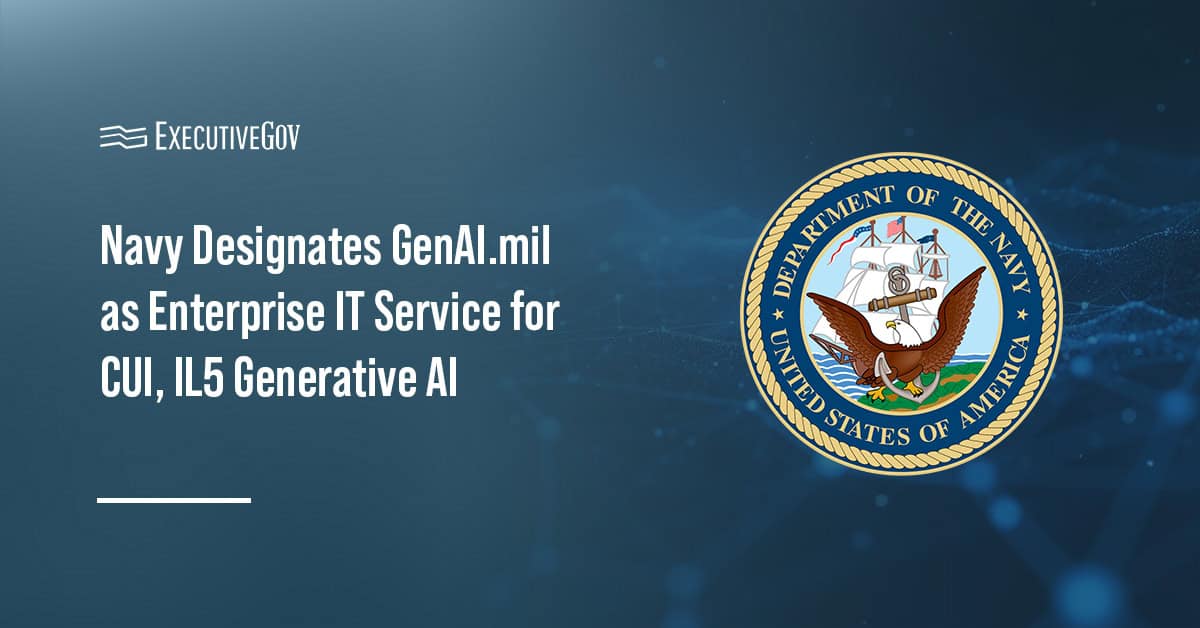
The Office of Personnel Management has applied changes to qualifications review board policy for agency head appointments. Margaret Weichert, OPM’s acting director, said in a letter posted Thursday the agency will continue to pursue new QRB cases when agency heads step down from positions in accordance with certain laws. QRBs assess the leadership qualifications of a candidate to fill executive roles in the government.Â
OPM, however, will delay QRB activities depending on means of appointments. Intended delays or moratoriums are applicable to cases when acting agency heads are presidentially appointed, regardless of senate confirmation. Agencies may request exceptions to avoid moratoriums for acting officers who are not under presidential appointments.
OPM will also process governmentwide moratoriums during transitions to new government administrations.





